With a genuine passion for science and a desire to explore engaging hobbies, you can embark on a fascinating journey that combines your love for knowledge with practical activities.
Science offers many captivating hobbies that allow enthusiasts to delve deeper into various disciplines, conduct experiments, and satisfy their curious minds.
In this article, we will explore seven science-related hobbies that promise to ignite your intellectual curiosity, foster critical thinking, and provide an enjoyable way to apply scientific principles in everyday life.
Which Fascinating Science-Related Hobbies Are Best?
Whether you have a curious mind or a passion for discovery, engaging in hobbies that revolve around science can be both fun and educational.
Here are nine science-related hobbies you can try:
1. Astronomy: Exploring the Wonders of the Universe

Astronomy is an awe-inspiring science hobby that allows you to delve into the mysteries of the cosmos.
As an astronomy enthusiast, you can engage in various activities such as:
- Stargazing
- Observing celestial objects through a telescope
- Studying planetary systems
- Observing the night sky
When engaging in astronomy as a hobby, you’ll often use tools like telescopes or binoculars to study distant objects and unravel their secrets.
Additionally, astronomy has vast resources that you can use to deepen your knowledge further. These resources include books and workshops on cosmology, astrophysics, and space exploration.
Furthermore, as a hobbyist, you can participate in citizen science projects. Participation encourages contribution to research efforts by documenting astronomical phenomena or searching for exoplanets.
With astronomy as your hobby, you’ll find yourself constantly amazed by the vastness and beauty of the universe.
2. Botany: Cultivating Plants and Studying Their Wonders

Botany offers a captivating hobby for science enthusiasts interested in the plant kingdom.
It involves cultivating plants, studying different species, and learning about their growth, reproduction, and ecological roles.
As a botany hobbyist, you can create your garden by experimenting with various plants and observing their unique characteristics.
You can delve into plant anatomy, physiology, and taxonomy, discovering the intricate processes that sustain life in the botanical world.
Engaging in botany-related citizen science projects can contribute to real scientific research and conservation efforts.
Exploring local ecosystems, identifying plant species, and understanding their interactions with other organisms can also be part of your botany hobby.
By embracing botany, you’ll gain a deeper appreciation for the green wonders surrounding us.
3. Coding: Unleashing Your Inner Geek

Coding is not just for computer wizards. Rather, it’s a captivating hobby for anyone with a curious mind and a love for problem-solving.
This hobby combines logic, creativity, and problem-solving skills.
With coding, you can bring your ideas to life by writing computer programs, creating websites, or even developing mobile apps.
Learning coding languages like Python, Java, or JavaScript opens up endless possibilities, allowing you to automate tasks, build games, or even analyze scientific data.
4. Geology: Unearthing Earth’s Hidden Treasures
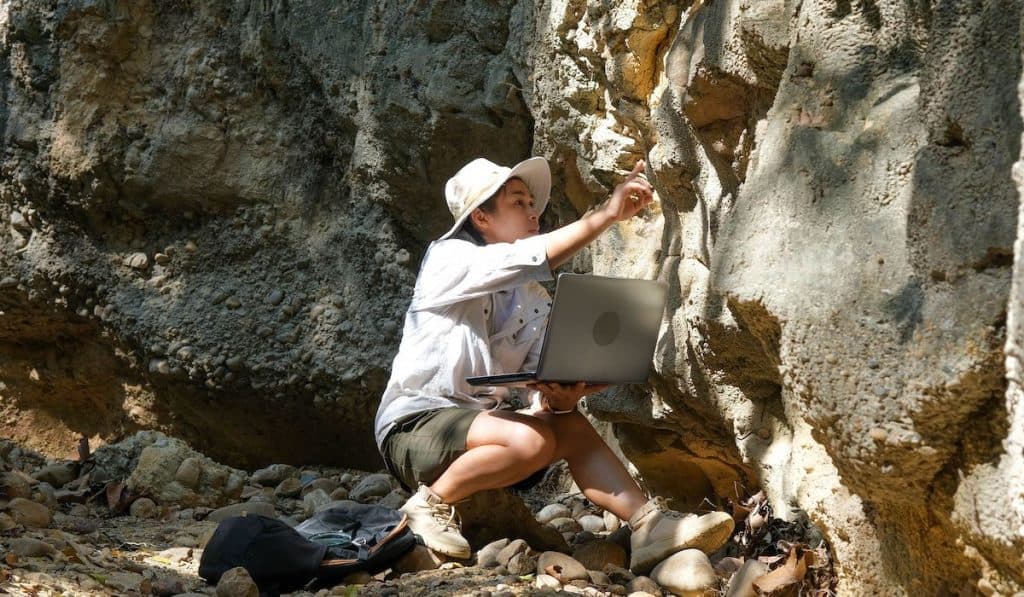
Collecting and examining rocks, minerals, and fossils and studying the Earth’s structure, processes, and history is what geology is all about.
If you’re captivated by Earth’s history and want to get up close with the wonders beneath our feet, geology is an incredible hobby to pursue.
You can collect rocks, minerals, and fossils, and learn to identify and analyze them.
By studying the Earth’s structure and processes, you’ll better appreciate the world beneath our feet.
Additionally, you may unravel the earth’s history through geological formations, which can be intellectually stimulating and visually captivating.
5. Paleontology: Unraveling Mysteries of the Ancient Past
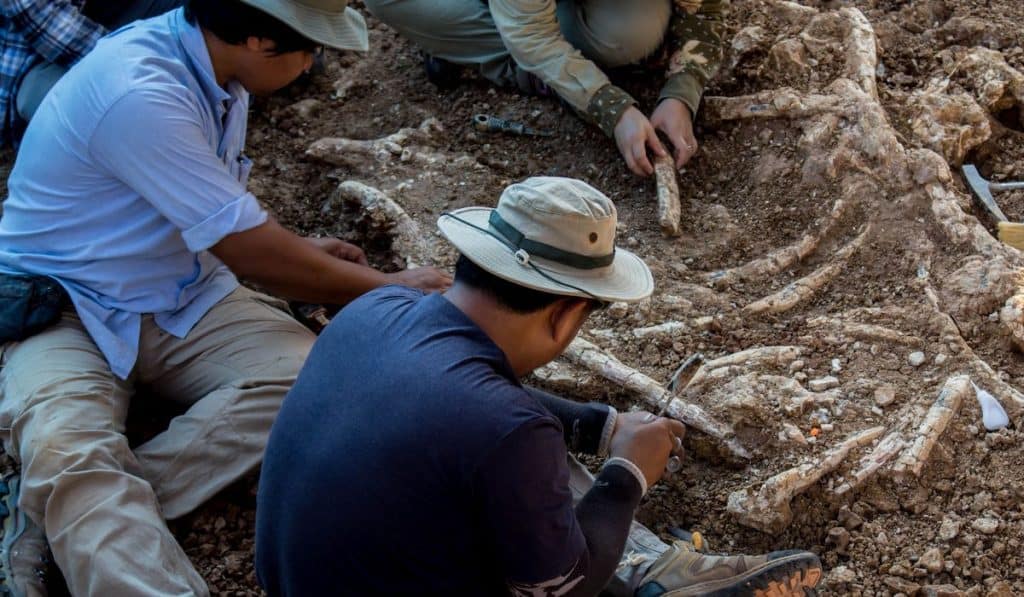
Paleontology is the study of ancient life through fossils.
As a paleontology hobbyist, you can engage in searching for and studying fossils to understand past life forms and reconstruct ancient ecosystems.
This involves visiting fossil-rich areas, learning how to identify and preserve fossils, and researching to contribute to our understanding of evolutionary history.
Uncovering remnants of extinct organisms may enable you to piece together the puzzle of life on Earth and gain insights into the Earth’s past climates and environments.
Searching for and studying fossils as a hobby will help you understand past life forms and reconstruct ancient ecosystems.
6. Robotics: Bring Your Creations to Life
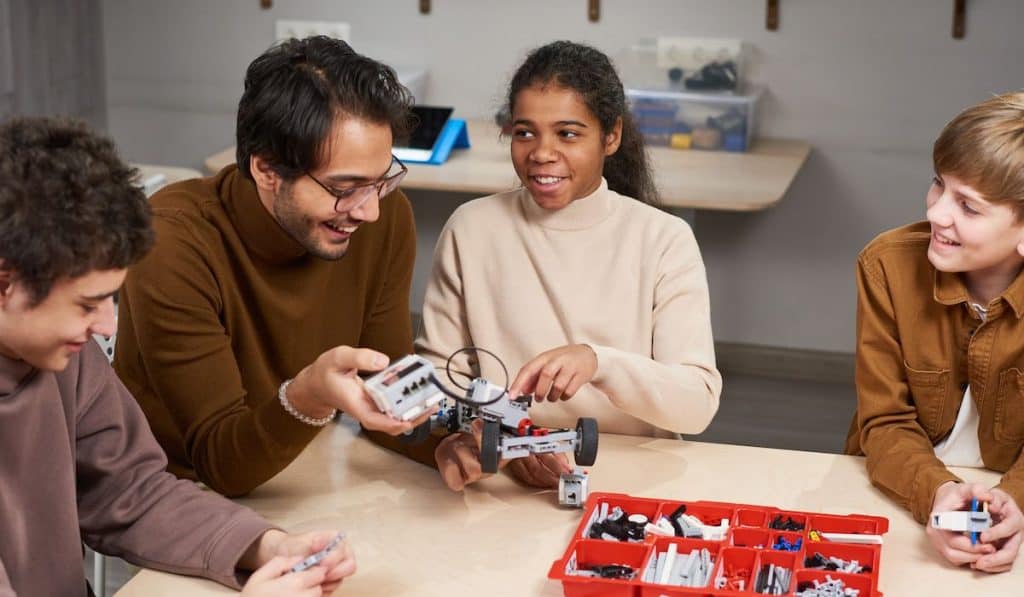
If you’ve ever dreamed of building your own robotic companions or automated contraptions, robotics might be the perfect hobby for you.
Thanks to technological advancements, robotics has become a captivating pursuit for enthusiasts.
Whether you prefer constructing robots from the ground up or utilizing robotics kits, this hobby allows you to explore mechanical engineering, electronics, and programming.
You can design robots that perform specific tasks, solve puzzles, or even participate in friendly competitions.
Embrace this hobby, and you’ll gain a fascinating glimpse into the future of automation.
7. Sport and Fitness: A Scientific Approach to Staying Active

While not exclusively scientific, sports and fitness can be approached from a scientific perspective.
You can study the physics of sports movements, explore the biology of human performance, or delve into the genetics of athleticism.
Combining your interest in science with physical activities accelerates a deeper understanding of the body, exercise physiology, and sports-related research.
This knowledge can enhance your own fitness journey and contribute to the field of sports science.
8. Physics: Unraveling the Laws of the Universe

Physics, often called the fundamental science, encompasses the study of matter, energy, and their interactions.
As a physics hobbyist, you can explore phenomena such as light, electricity, magnetism, and motion.
You can conduct your DIY science experiments at home or participate in physics demonstrations.
Such experiments, done cautiously, can be an engaging way to understand concepts like gravity, thermodynamics, and quantum mechanics.
You can also delve into astrophysics, exploring the mysteries of the universe, or into particle physics, investigating the smallest building blocks of matter.
9. Zoology: Connecting With the Animal Kingdom
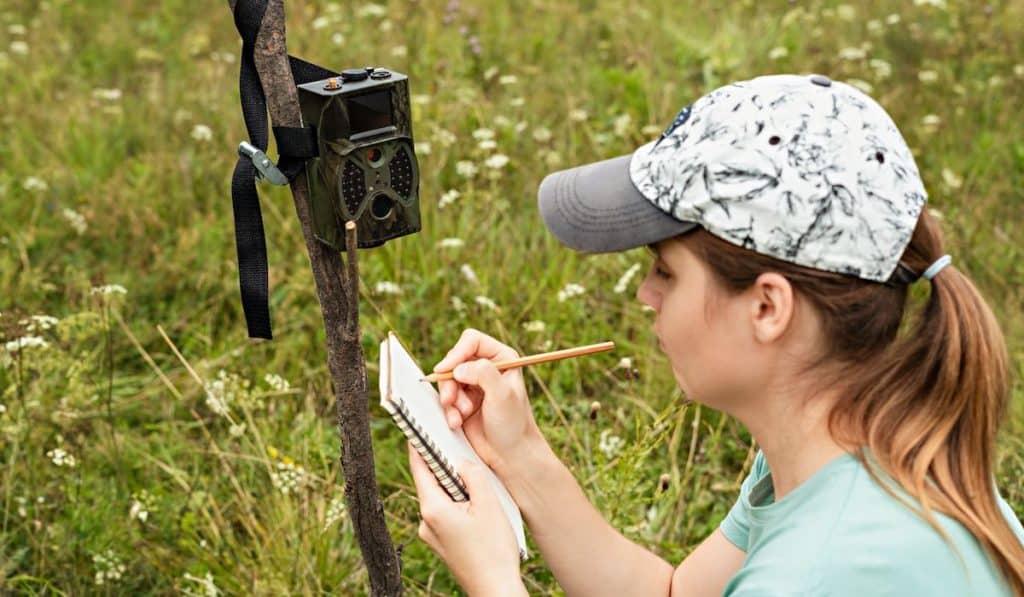
For animal lovers, zoology is a delightful hobby that involves studying animals and their behaviors, physiology, and evolution.
Engaging in the hobby of zoology offers a range of captivating activities. You can immerse yourself in observing wildlife and delight in birdwatching adventures.
You’ll also actively contribute to citizen science projects that aid conservation efforts.
Embracing zoology as a hobby allows you to connect deeply with the animal kingdom. This will foster a deep appreciation for the astonishing diversity of life on Earth.
How to Select the Right Science-Related Hobby?
When it comes to choosing a science-related hobby, here are some key factors to consider:
1. Identify Your Interests

Start by reflecting on your interests within the field of science.
You can ask yourself questions like:
- Am I drawn toward astronomy and the wonders of the universe?
- Do I have a passion for biology and the natural world?
- Am I fascinated by the intricate workings of chemistry or physics?
Identifying your specific interests will guide you toward hobbies that align with your passions.
2. Consider Accessibility
Next, think about the accessibility of different science-related hobbies. Some hobbies require specialized equipment or materials, while others can be pursued with everyday objects.
3. Determine Your Preferred Level of Engagement
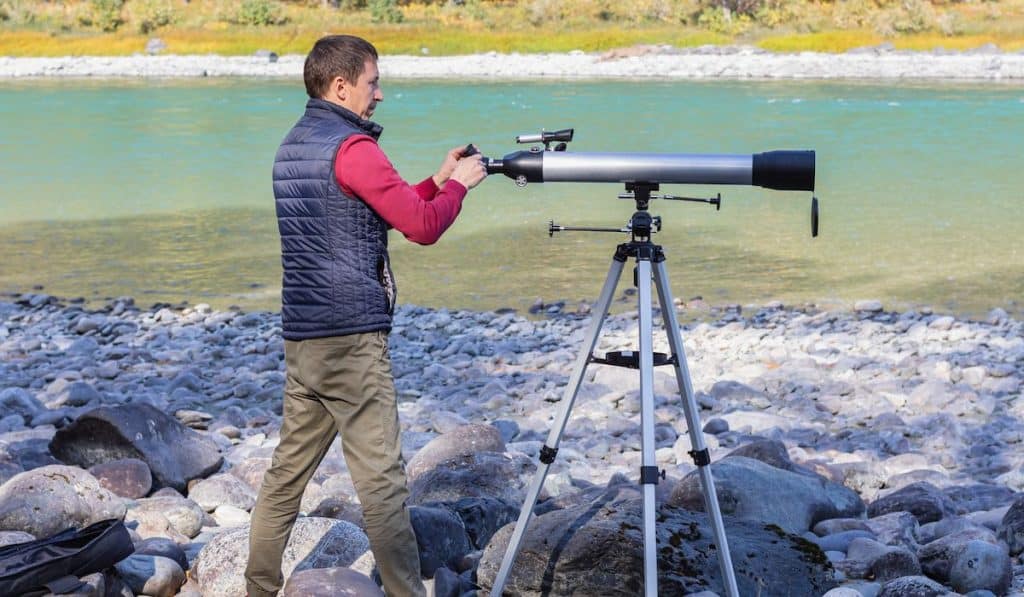
Consider the amount of time you’ll spend on your science-related hobby.
You can ask questions like:
- Am I seeking a casual pastime to enjoy in my spare time?
- Or am I seeking a more intensive pursuit?
If you prefer a more relaxed approach, go for hobbies like gardening and citizen science projects.
If you want to engage deeper, conducting experiments at home, joining a local science club, or participating in scientific research projects can provide a more hands-on experience.
4. Embrace Collaboration and Community
Science is often at its best when shared and discussed with others.
Consider whether you enjoy collaborating with like-minded individuals or being part of a community of science enthusiasts.
5. Challenge Yourself

Science-related hobbies often offer excellent personal growth opportunities and intellectual stimulation.
Consider selecting science-related hobbies that push your boundaries and challenge you to learn new skills.
You can consider learning to code or mastering the art of microscopy or many other hobbies
Final Thoughts
When selecting the right science-related hobby, consider your interests, available resources, and the level of commitment you can dedicate.
Don’t be afraid to try different hobbies and explore various fields of science.
Remember to have fun while learning and consider joining communities or clubs related to your chosen hobby for additional support and knowledge sharing.
Resources
- https://www.jameswebbdiscovery.com/hobbies/astrophysics/getting-started-with-astrophysics-to-unlock-the-secrets-of-the-universe
- https://www.planetary.org/night-sky/astronomy-for-beginners
- https://exoplanets.nasa.gov/citizen-science/
- https://nph.onlinelibrary.wiley.com/doi/full/10.1002/ppp3.10257
- https://www.bgci.org/resource/roots-17-1-pollination-and-botanic-gardens/
- https://www.environmentalscience.org/geology
- https://www.amnh.org/explore/ology/paleontology/what-is-paleontology#
- https://education.nationalgeographic.org/resource/paleontology-collection
- https://www.cnet.com/culture/robotics-as-a-hobby-and-a-way-of-life/
- https://www.britannica.com/science/physics-science#
- https://www.science-sparks.com/top-5-physics-experiments-you-can-try-at-home/
- https://plato.stanford.edu/entries/physics-experiment/
- https://www.zoologytalks.com/what-is-zoology-and-importance-of-zoology/




